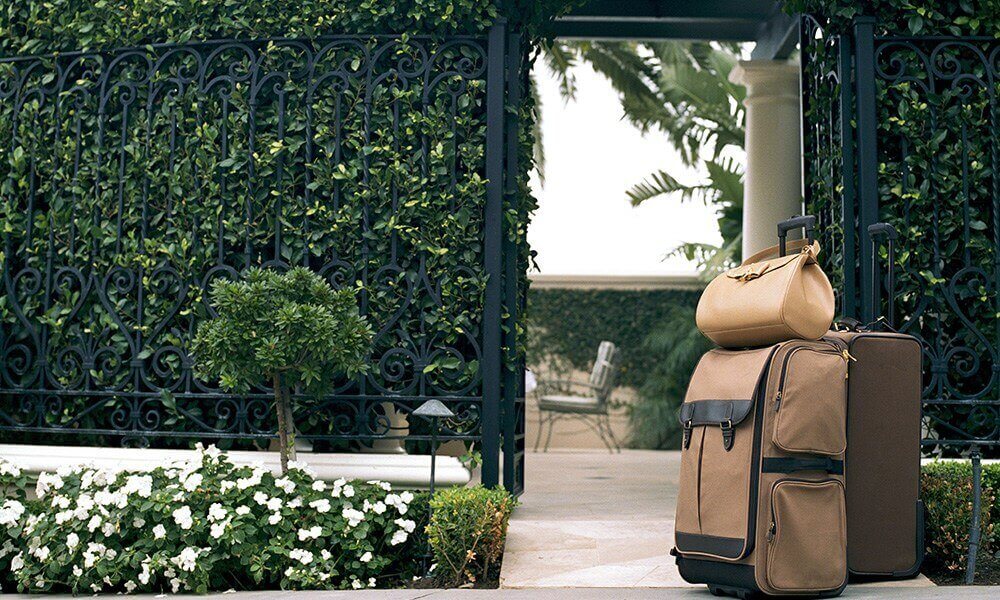
As the COVID-19 crisis eases and governments are allowing hotels to re-open, many people’s first thoughts will be about getting some time away from their lockdown homes.
NB: This is an article from Aro
More than likely this will be a local weekend or short staycation due to the ongoing difficulty of international travel.
Let’s imagine the scenario. Our prospective visitor sits down and chats with their partner, friend or family member and they start to think about where they would like to go. A hotel or resort is chosen and they excitedly start to plan their trip. How was that property selected? It’s more than likely that they had stayed there previously, heard about it from a friend or it came to mind because of hotel advertising or marketing.
All three of these factors are connected to the hotel’s brand. In the current pandemic there will be another thought before booking and that will be: can I trust that this hotel will provide a safe experience as well as their usual offering? Again, this is explicitly connected to the brand.
Since the Irish Government announced that hotels could re-open on June 28, we have seen online bookings running at an unprecedented level. Revenue for June to date is nearly double that of the same period in 2019. And the best performing hotels? Those with the strongest branding.
In this blog I am going to discuss the importance of branding, how to focus on and improve your brand and the rewards that it will deliver.
What is branding?
It is not just your logo, font and colour palette – although they are an integral part. Your brand is an absolute reflection of what your customers should expect from you. It is your attributes, your mission, your values, your tone of voice, your social media signals, your market position and your ambition.
In an often saturated market, a great brand delivers huge advantages:
- a competitive edge
- credibility
- customer recognition
- client loyalty
- a shortcut to trust
So let’s look at how these factors impact on a company’s performance; and how they might feed in to someone’s decision making process as they choose their post-lockdown hotel.
Brand differential
It is becoming increasingly apparent that brand assets are important in brand differentiation. What does your hotel do that others don’t? What look or feel does it have, what emotions can it engender, what story does it tell? As marketing hall of fame inductee Seth Godin put it: “In a crowded marketplace fitting in is a failure. In a busy marketplace, not standing out is the same as being invisible.”
A 2019 analysis from Lucidpress reported that consistent presentation of a brand can have a +33% impact on revenue.
Top tip: stand out and stand out consistently.
Trust
At a time of flux, when many traditional norms and previously fixed points are shifting, a strong brand is many consumers’ port in a storm. And COVID-19 is likely the biggest storm most of us have ever experienced. In this Edelman Trust Barometer report, consumers were asked for brand attributes that were either deal breakers or deciding factors in their buying decisions. Although quality and value were the most commonly cited reasons, 8 in 10 respondents (81% globally) said that trusting a brand to do what is right is a key factor in a purchase decision.
Interestingly the same report found that long-term trust builds a buyer’s receptiveness to advertising. While 48% of those surveyed said that they pay attention to a brand’s advertising and communications even if they do not fully trust them, this rises to 76% when they have trusted a brand for a long time.
Top tip: decide what your core values are, tell your audience and stick to them. Be authentic.
Loyalty and advocacy
It costs much less to retain a customer than to acquire a new one. And repeat bookers spread the word. As this excellent Hospitality Net article reveals, attracting new customers costs five times more than retaining existing ones and the repeat bookers spend more. Strong branding promotes customer retention and recommendation. In the same Edelman survey as above, 75% of global respondents said they would continue to buy from a brand they trust even if another brand suddenly becomes the hip one.
Crucially they will also act as advocates with 76% saying they would always recommend the brand if asked. 92% of consumers trust word-of-mouth recommendations over advertising. Marketers call this the virtuous circle – great brands grow ambassadors, ambassadors grow great brands.
Top tip: showcase what you value through your messaging, deliver on it with great service and customers will make an emotional connection with you.
Brand salience
Brand salience is the probability of a person recognising or thinking about your brand when it matters most. This is not just brand awareness – salience is the unsung hero of indecisive buyers! It is a mix of delivering multiple signals and also ensuring these signals have relevance, make strong associations and carry emotional heft. All of your assets can be deployed here including a bold logo or tagline, advertising, newsletters, podcasts, social media and endorsements.
Top tip: know your audience and create a platform and assets which suit the way your consumers engage. Remember what made you successful.
If we look back to our imaginary hotel bookers at the beginning of the blog, we can now see how important branding was in their decision. Had they stayed before (loyalty); did someone tell them (advocacy); did they think of the hotel as soon as they decided to buy (differentiation & saliency); and had the hotel messaging created sufficient trust so that they could be sure of a safe stay.




